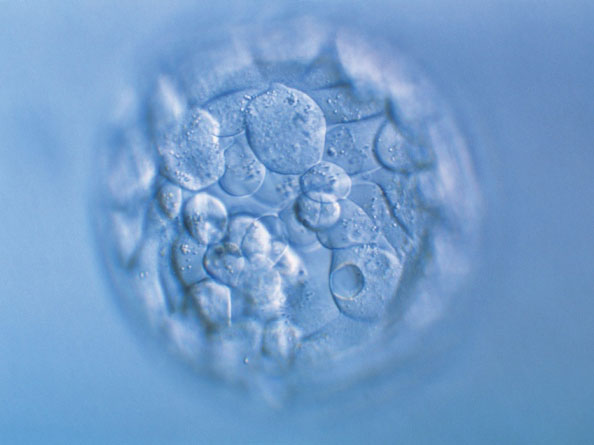In the next few months, surgeons from Zhengzhou, China will carefully drill holes in the skull of Parkinson's patients and then inject about 4 million immature neurons differentiated from human embryonic stem cells into the brain. That is, neural precursor cells can become dopamine neurons). "On May 31, a report in Nature magazine portrayed such a scene." The origin of this scene on April 11th coincided with the 21st World Parkinson Day. China announced that the first two clinical research projects for stem cells in China were officially launched in the First Affiliated Hospital of Zhengzhou University in Henan Province. The research team of Zhou Qi, deputy director of the Institute of Zoology of the Chinese Academy of Sciences and academician of the Chinese Academy of Sciences, participated in two projects. It is reported that this is the world's first clinical transplant research project based on matching pluripotent stem cell differentiation cells. The Parkinson's disease project is the world's first clinical study based on the use of human embryonic stem cell differentiation cells for the treatment of Parkinson's disease. Briefly, these two projects are the treatment of Parkinson's disease and dry age-related macular degeneration with neural precursor cells differentiated from human embryonic stem cells and retinal pigment epithelial cells. Human embryonic stem cells refer to cells derived from human embryos that are in an undifferentiated state and can differentiate into various tissue cells under certain conditions. In recent years, the use of human embryonic stem cells to overcome disease has become a new way for scientists to eagerly and cautiously advance. Previously, due to the lack of a targeted regulatory system in the country, a group of companies had been allowed to swim in the gray area to promote stem cell treatment products. This situation was changed after the National Health and Family Planning Commission and the Food and Drug Administration in 2015 issued the "Methods for the Management of Stem Cell Clinical Research (Trial)" (hereinafter referred to as the "Measures"). The "Measures" require the qualification of stem cell clinical research institutions, and stipulates that institutions should not charge the subjects for clinical research related to stem cells, and should not publish or disguise the publication of stem cell clinical research advertisements, and set specifications on ethical review. In October 2016, the list of the first batch of stem cell clinical research institutions in China was announced, and 30 domestic hospitals were on the list. The first affiliated hospital of Zhengzhou University, which was the first batch of officially filed projects, was among them. The Parkinson monkey model has been completed, and 10 of the hundreds of patients have matched the matching patient. The clinical trials for dry age-related macular degeneration have precedents in the United States and South Korea. In contrast, the treatment of Parkinson's disease with human embryonic stem cell differentiation cells is more challenging and receives more attention. According to Nature, Zhou Qi said that in four years, his team has established a Parkinson monkey model and met the official requirements, but the relevant research papers have not yet been published. It is necessary to verify the effectiveness of the therapy on model animals before conducting human trials. As a neurodegenerative disease, the main pathological feature of Parkinson's disease is chronic progressive death of dopamine neurons enriched in the substantia nigra of the brain, resulting in dysfunction of the target area originally controlled by these neurons, affecting the coordinated movement of human limbs. . Zhou Qi's treatment plan is to induce embryonic stem cells to be neural precursor cells, which are then injected into the brain and the striatum associated with Parkinson's disease, in order to achieve the effect of dopaminergic neuron regeneration. epidural catheter,Spinal and Epidural Kit,Spinal and Epidural,epidural needle,epidural kit Anesthesia Medical Co., Ltd. , https://www.honestymed.com